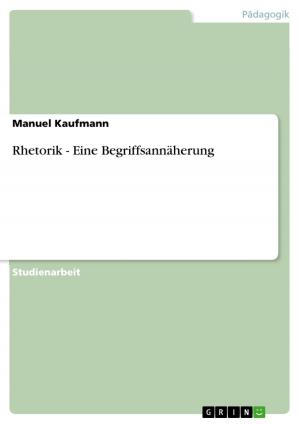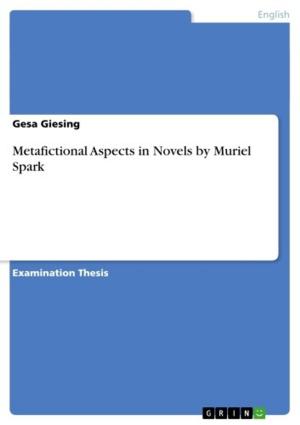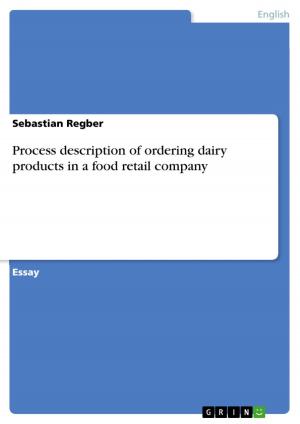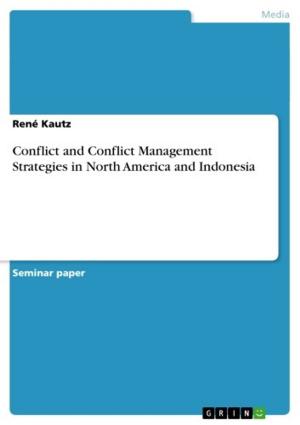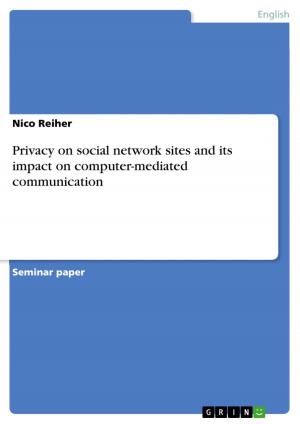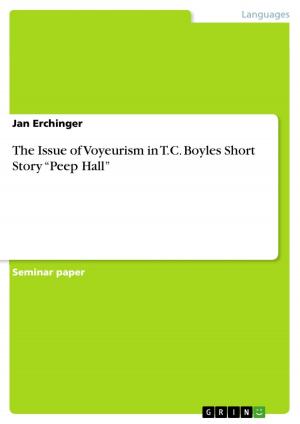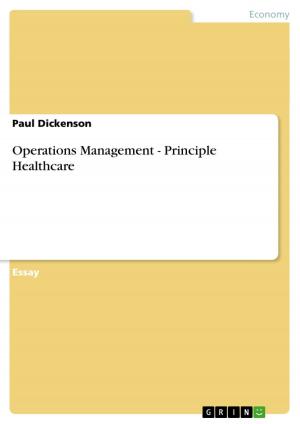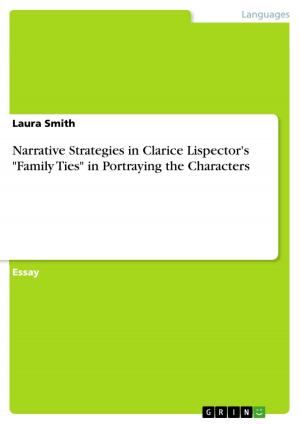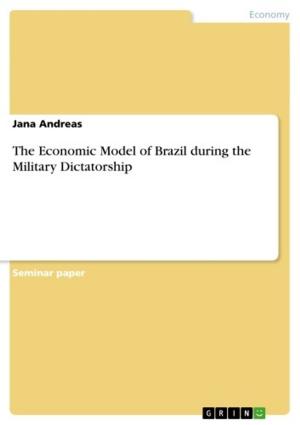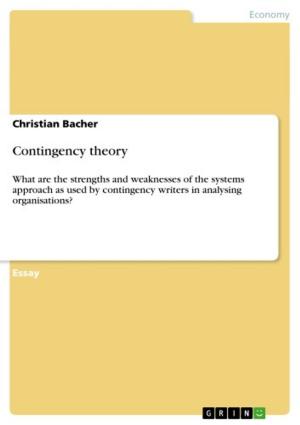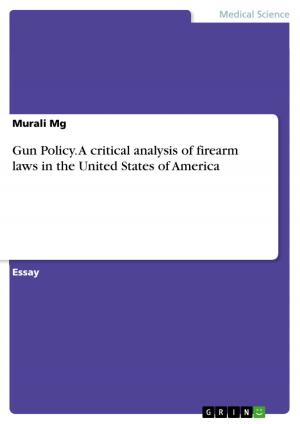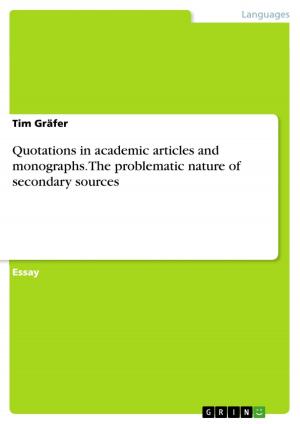| Author: | Christof Dieterle | ISBN: | 9783638299534 |
| Publisher: | GRIN Publishing | Publication: | August 11, 2004 |
| Imprint: | GRIN Publishing | Language: | English |
| Author: | Christof Dieterle |
| ISBN: | 9783638299534 |
| Publisher: | GRIN Publishing |
| Publication: | August 11, 2004 |
| Imprint: | GRIN Publishing |
| Language: | English |
Seminar paper from the year 2004 in the subject Politics - International Politics - Topic: Globalization, Political Economics, grade: 1 (A), Rutgers The State University of New Jersey (Graduate School of Global Affairs), course: Global Governance, language: English, abstract: Introduction As the title of this paper suggests, the state is seen by many scholars as the central actor as far as global politics is concerned. Some see it weakened, some see it transformed, and others do not seem to observe any substantial change at all. This paper is intended to give a brief - and by no means comprehensive - overview on the current discussions in the field. In the first part of this paper I will examine the main arguments put forward by different scholars. I will do so by dividing them up into three categories: 1) advocates of the 'weakened state', 2) advocates of the 'transformed state' and 3) advocates of the 'unchanged state'. In the second part I will include a very different scholarly approach, namely that the state is the wrong unit of analysis as far as global politics is concerned and thus the question of its transformation or weakening is of little interest for the analysis of politics on a global level. The third and last part consists of a brief summary of the observations made in the previous chapters and ends with some conclusions drawn from these observations.
Seminar paper from the year 2004 in the subject Politics - International Politics - Topic: Globalization, Political Economics, grade: 1 (A), Rutgers The State University of New Jersey (Graduate School of Global Affairs), course: Global Governance, language: English, abstract: Introduction As the title of this paper suggests, the state is seen by many scholars as the central actor as far as global politics is concerned. Some see it weakened, some see it transformed, and others do not seem to observe any substantial change at all. This paper is intended to give a brief - and by no means comprehensive - overview on the current discussions in the field. In the first part of this paper I will examine the main arguments put forward by different scholars. I will do so by dividing them up into three categories: 1) advocates of the 'weakened state', 2) advocates of the 'transformed state' and 3) advocates of the 'unchanged state'. In the second part I will include a very different scholarly approach, namely that the state is the wrong unit of analysis as far as global politics is concerned and thus the question of its transformation or weakening is of little interest for the analysis of politics on a global level. The third and last part consists of a brief summary of the observations made in the previous chapters and ends with some conclusions drawn from these observations.

